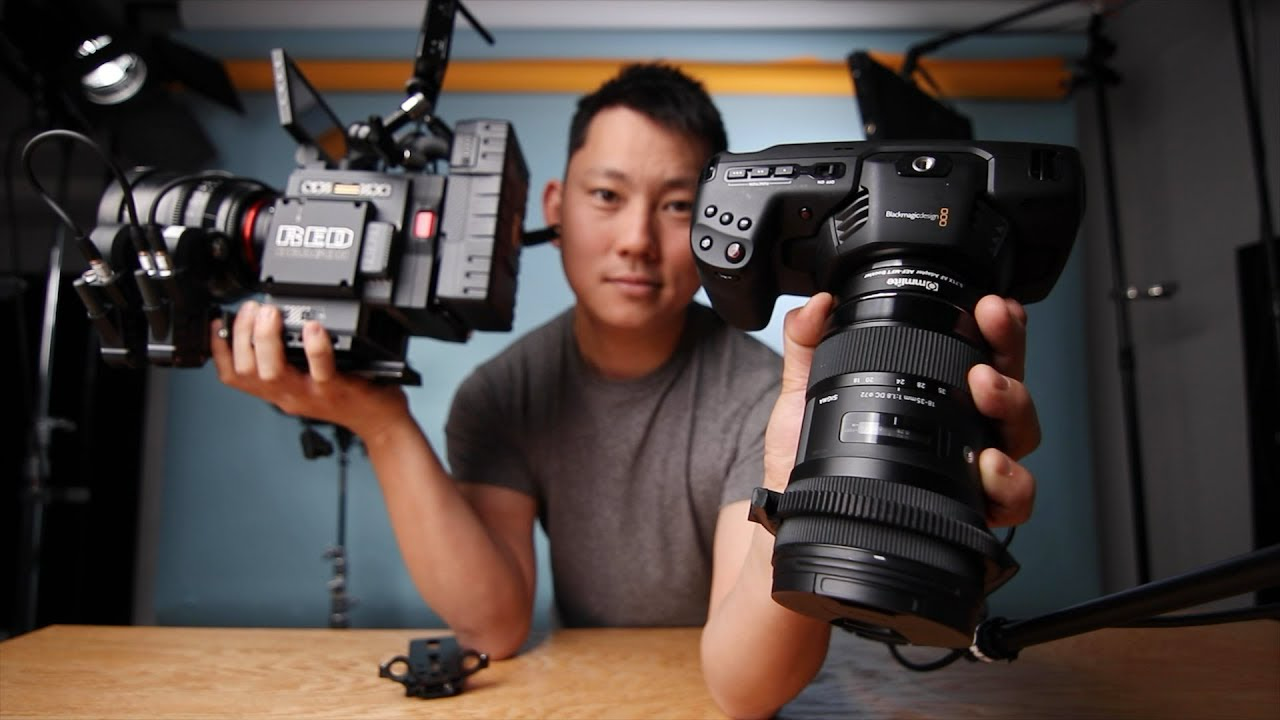Choosing a filmmaking Camera from a Film Equipment Rental

Introduction
The type of camera used can either make or break a film. However, filmmakers are faced with so many choices as technology is advancing very fast each promising best features, excellent performances. Renting has been the practical and cost effective way for many filmmakers especially those working on independent project or those working on tight budgets. Through this article, we take a look at the complicated process of choosing the right film making camera from a film equipment rental outlet so that the story is captured through each photo frame envisioned by the film maker.
Understanding the Project’s Needs
The initial step in selecting the right cam lies in knowing the particular needs of the project. What exactly does it portray? Is it an action pack movie, an indie mood drama or lively documentary? Visual aesthetics vary by genre. Another important cam for action scenes is one that has high frame rates and good stability. Conversely, a character driven play may be more suited to a camera that is excellent at low light capture with a focus in facial expression detail. Thus, through a thorough understanding of the project’s needs, filmmakers greatly reduce the choices available to them.
Budget Considerations
Money plays an important role within the film industry. Filmmakers are able to use advanced cameras which they would not afford if they were to purchase them. Nevertheless, even within the rentals there exists variation in the amount. However, it is also important to ensure that cost does not impede on the quality of equipment used. Research shows that filmmakers ought to evaluate various rental companies, cross price, and consider packages that come along with vital accessories like lenses, tripods, and lighting equipment. An entire approach to this end is that the chosen camera aligns with the intended art and finance.
Researching Camera Options
The filmmakers then have to do a research on available cam once the project’s requirements and budget are already set. Market competition is very high with ARRI, RED, Sony, Canon, and Blackmagic leading the pack. The camera lineup includes models that are best suited for beginners as well as projects. Instead, they should focus on cameras with proven credentials based on similar projects, with emphasis on factors such as image quality, dynamic range, color science, and ease of use. Reading reviews, watching sample footage, and asking for recommendations from other filmmakers can reveal useful information about how these cams perform in real life.
Testing the Equipment
It is advisable to pretest the equipment before sealing the deal. In fact, numerous camera rentals companies offer try before you buy opportunity or try the product in practice. This means that film makers can carry out a range of cam tests and try out various settings before deciding. Considering detail such as, for instance, AF speed, image stabilization and noise levels at different ISO settings will aid when one needs to make decision. Furthermore, using other lenses while testing the cam gives an overall picture of its capabilities, allowing for an assessment on whether or not it matches the visual language of the film.
Considering Technical Support and Backup
Technical problems can crop up any time when on a shooting. It is important to bear in mind the extent of technical support offered by the rental company. Go for a service provider with round-the-clock technical support to solve problems swiftly. Additionally, there has to be a laid down backup plan. Having access to a replacement if the rented camera fails means that the production does not grind to a halt. To keep the project on track, the rental providers are offering backup equipment at the site or quick replacements.
Evaluating Post-Production Compatibility
Post production in filmmaking is crucial, converting raw footage into a cinematographic product of art. It will also consider the compatibility of the cam with editing software and post production workflow. In certain cameras, there are proprietary formats that will need specialized codecs or software for editing. The compatibility of file format between the camera’s file formats and the editing software allows the post-production process to progress smoothly without any difficulties, sparing time and effort that the editing team would have otherwise spent.
Conclusion
Selecting an ideal filmmaking camera to get from a film equipment rental is a delicate process requiring keen evaluation of the project requirements, budget, technological aspects and post production compatibility. Filmmakers can choose a camera that suits their artistic vision by carrying out extensive research, testing the equipment, and availing secure technical support. Finally, a proper cam ends up being a part of the director’s storytelling abilities, and captures those very moments, emotions and narrations which touch the hearts of the viewers, thereby making the movie the best cinematic experience ever.
